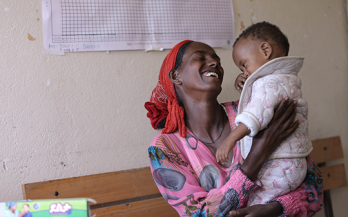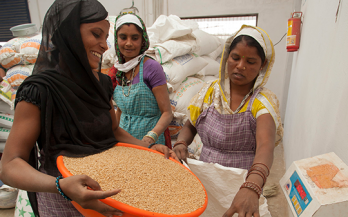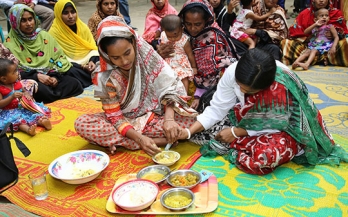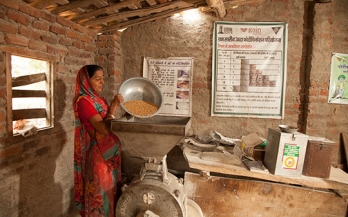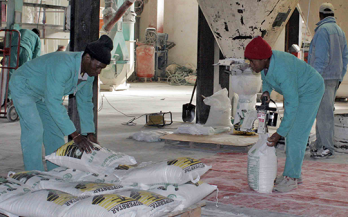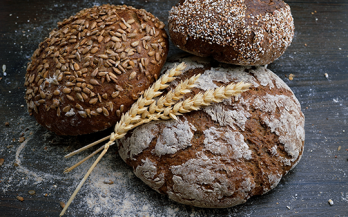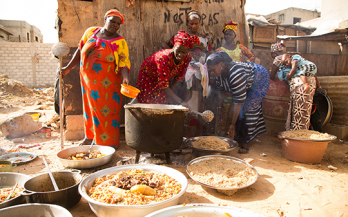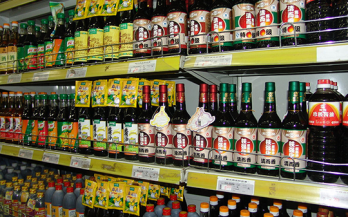- 01/10/2011
As a highly bioavailable iron compound, sodium iron (iii) ethylenediaminetetraacetate (NaFeEDTA) has been recommended as a food additive for fortification. The objective of this study was to calculate the dosage of NaFeEDTA for fortifying complementary foods assuming different population prevalences of underweight.
- 01/12/2012
The objectives of this paper are to provide information on the costs of adding different chemical forms of iron and/or other micronutrients to premix formulations, and to discuss some of the issues that should be considered regarding which micronutrients to include in the premix.
- 17/03/2017
The objective of this chapter is to describe and discuss the latest advances related to the composition and delivery of fortified complementary foods products, including home and commercial fortification.
- 01/11/2014
Fortification of staple foods is the cheapest, most efficient and most effective way to supply large populations with essential micronutrients. This paper reviews the case for fortification of flour supplies with iron and folic acid and concludes that it is the best way to provide daily doses of these nutrients to populations in developing countries, especially for women of child-bearing age.
- 01/01/2014
This paper focuses on food fortification in two states of India and highlights the key activities needed to implement large scale food fortification programs, the challenges associated with food fortification, the feasibility of scaling up staple food fortification through commercial channels on a voluntary basis and the potential of introducing fortified foods through public funded programs.
- 01/12/2012
This survey aimed to gauge the level of fortification of maize and wheat flour at the retail level compared with staple food fortification regulations in South Africa to better understand the current obstacles to effective delivery of micronutrients through flour fortification and consider approaches to strengthening the program.
- 02/10/2015
More than 80 countries fortify flour, yet the public health impact of this intervention on iron and anemia outcomes has not been reviewed. The objective of this systematic review was to review published and gray literature pertaining to the impact of flour fortification on iron and anemia.
- 01/11/2015
Universal salt iodization is the main global strategy to eliminate iodine deficiency. The purpose of this study was to develop program guidance around iodine in bouillon, iodine retention in 13 bouillon brands commercially available in Senegal was measured over 6 months.
- 28/11/2015
The objective of this study was to assess the effect of sodium iron ethylenediaminetetraacetate (NaFeEDTA)-fortified soy sauce on anemia prevalence in the Chinese population.
- 01/09/2017
The objective of this study was to assess whether improving iron intake with double fortified salt would improve food intake, resulting in higher energy, nutrient intakes, and weight indicators of female tea plantation workers.
